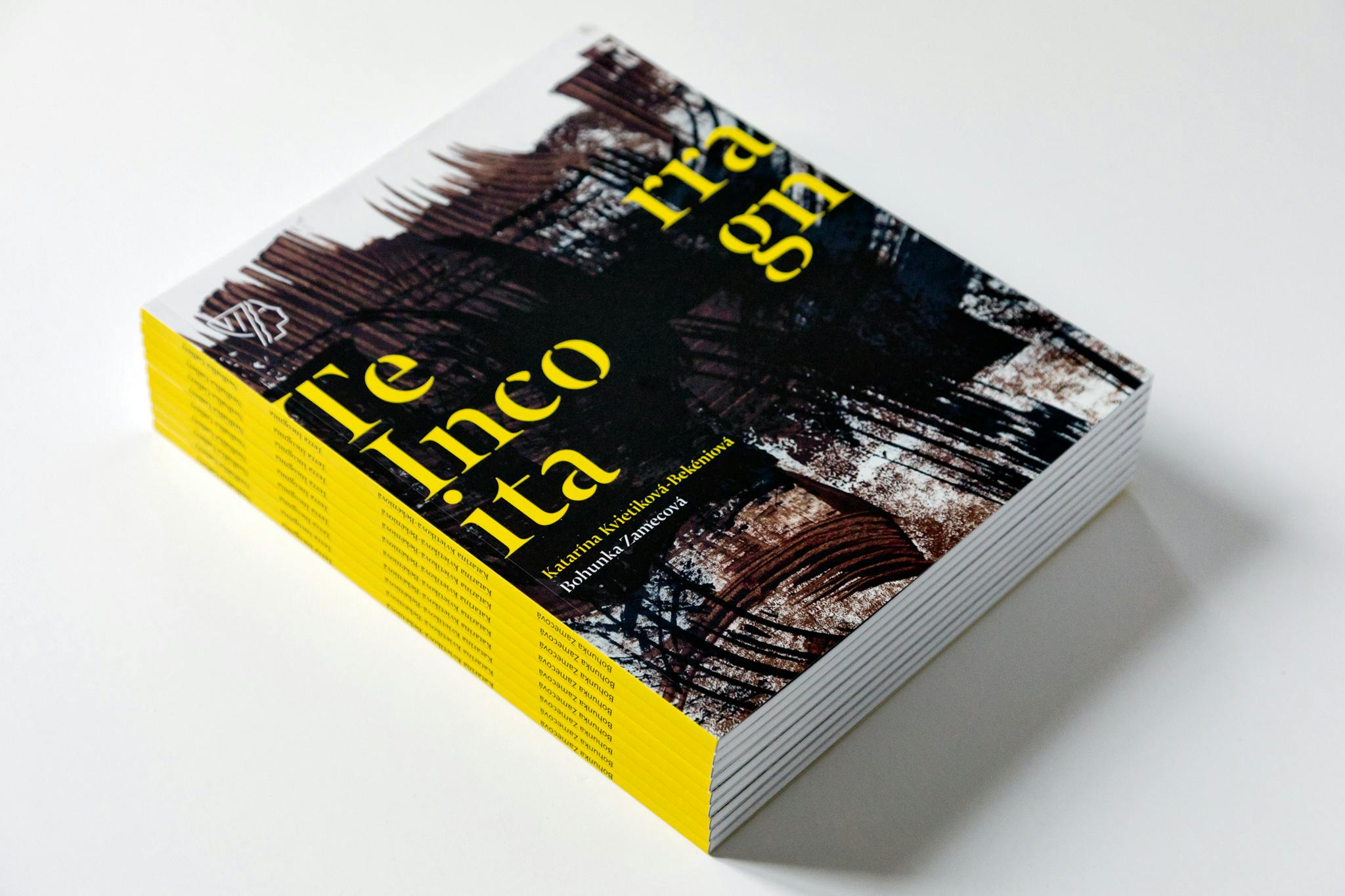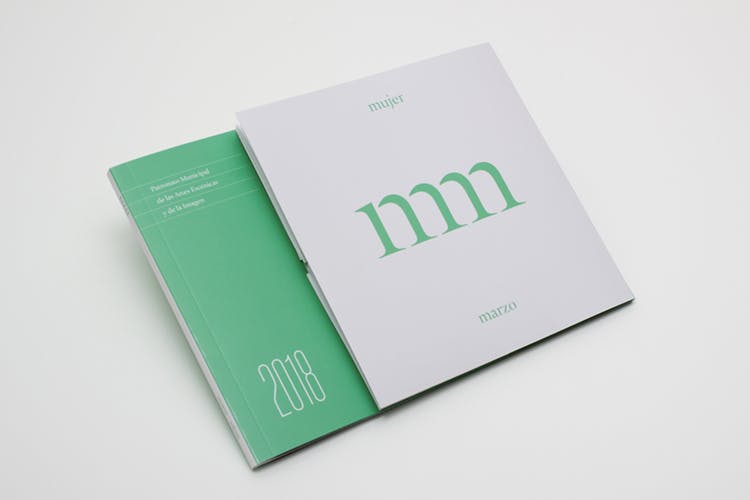Typonine Stencil
About
Typonine Stencil exhibits an elusive combination of power and grace, unlike other stencil types that are often associated with shipping containers and crude lettering. Its sharp design, two widths and ornaments make for strong headlines, effective signage and suggestions of custom lettering.
Available in
- Latin
Typonine Stencil System Overview

